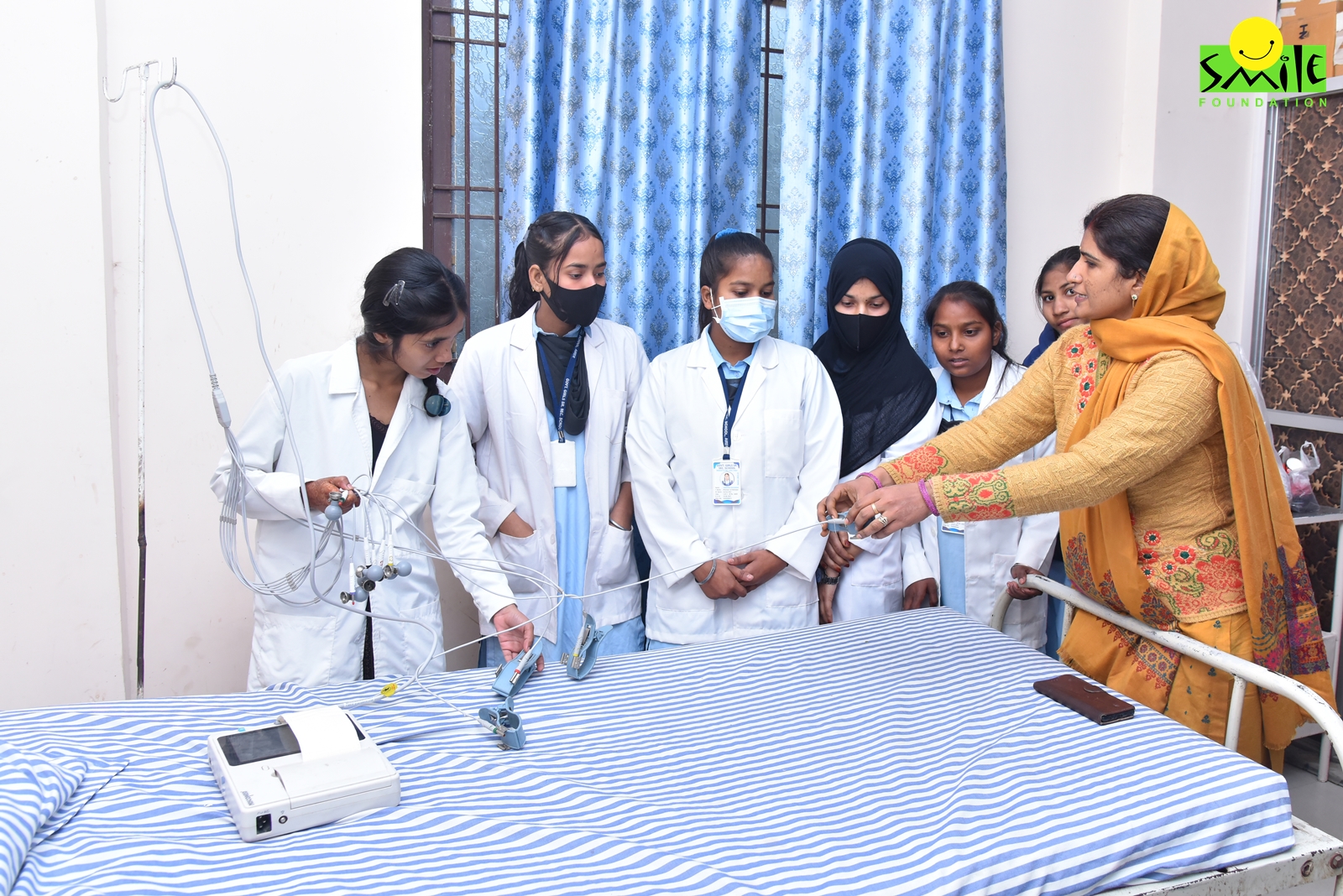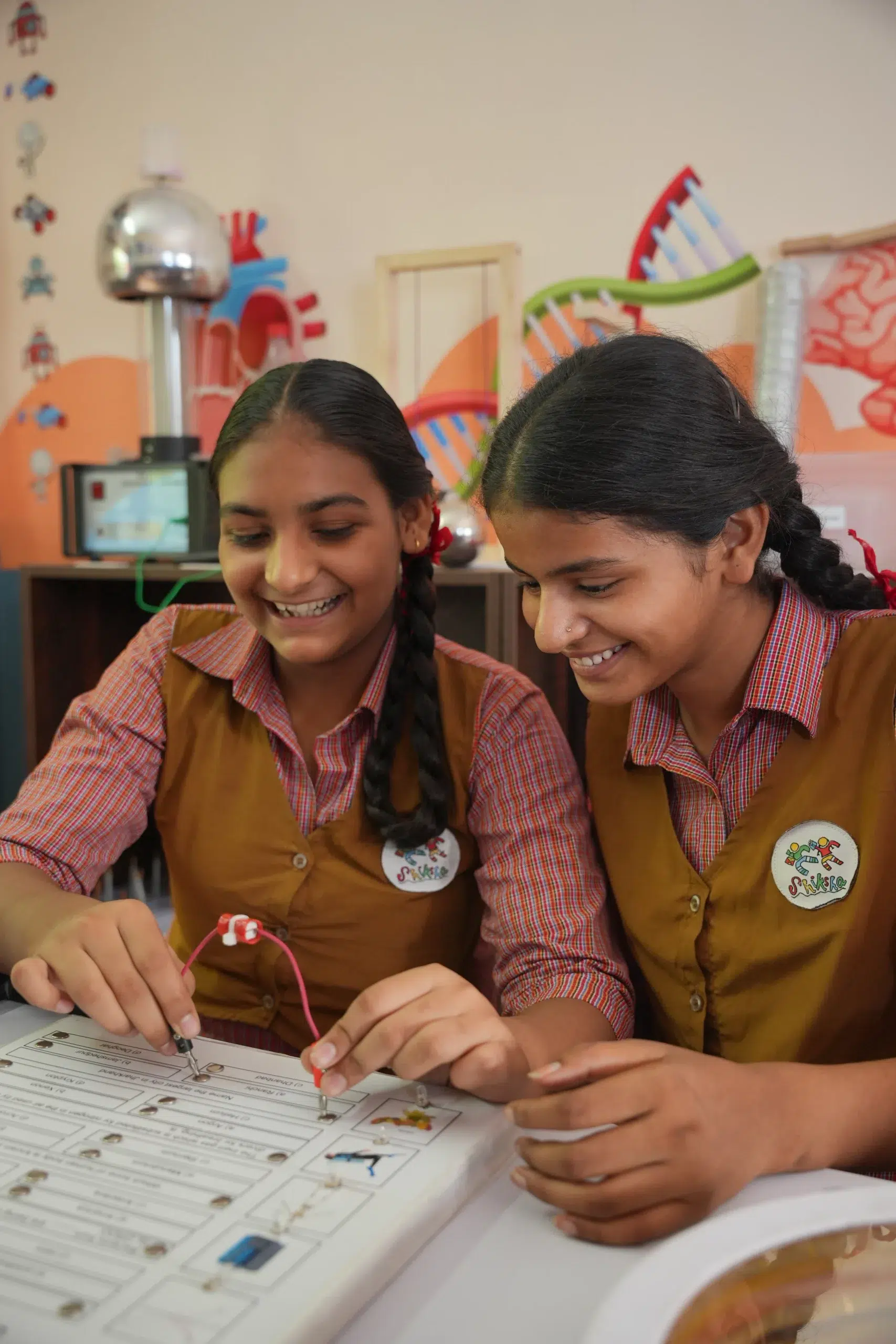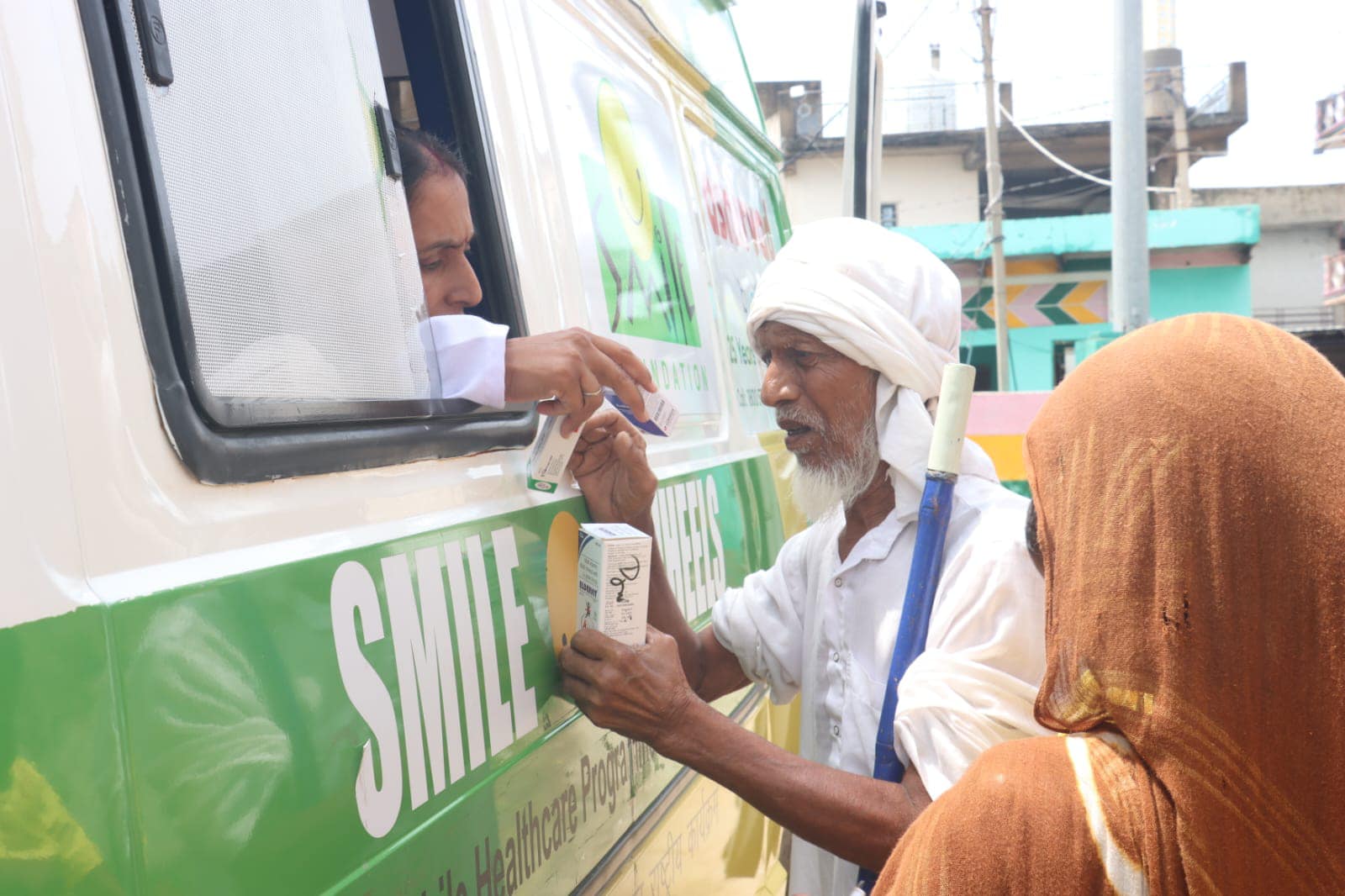Did you know that even in today’s day and age, several countries still do not recognise their indigenous or tribal communities as part of their constitution? For example, the Aboriginal and Torres Strait Islanders, the indigenous community of Australia are not recognised in the Australian constitution, which often puts them in a very uneasy situation when it comes to receiving fundamental protection and rights from the state. So is this a matter of concern? How does constitutional recognition help in the upliftment of a particular community? And even after 78 years of Independence and constitutional recognition what does the status of Indian tribal communities especially when it comes to healthcare for tribal communities, particularly tribal women in India look like?
Tribals & Healthcare in India
India’s constitution recognises tribal communities as citizens of the nation under Article 342, thereby, providing them with all the benefits and protection necessary for them to be able to live a dignified life. Articles like 15, 46, 330, 335 and 338 A have been specially tailored to protect the educational, health, economic and political interests of the tribal communities so that this minority community can develop themselves without hindrances of any form of discrimination.
Being over 104 million in number, Indian tribal communities are large in number and versatile in culture and therefore, it gets even more pertinent to understand how tribal women who already hail from a weaker section of the society and who often do not get the chance to come into the limelight, how are they getting access to their healthcare services?
There is no doubt that Indian healthcare structures have reached the remotest corners of the country and state initiatives for healthcare, especially for the underserved and tribal communities of India have been helping many of them with access to healthcare.
But the real question is- Are the underserved and tribal communities of India receiving free and quality healthcare?
Challenges faced by Indian Tribal Women
In a civic society, healthcare is necessary, but having access to quality healthcare is a fundamental right for every human being to live a healthy and dignified life. As India strives to carve its healthcare structure with preventive care, it is important to explore the availability of quality healthcare for tribal women and the challenges that are becoming obstacles for tribal women to receive quality healthcare.
Tribal communities in India, especially women, face numerous challenges in accessing quality healthcare. These obstacles are deeply rooted in geographical, socio-economic, cultural, educational and systemic issues.
One major challenge is geographical barriers. Many tribal communities live in remote, hard-to-reach areas, making it difficult to access healthcare facilities. Additionally, inadequate infrastructure, such as poor roads and limited transportation options, exacerbates these challenges, further obstructing access to essential health services.
Socio-economic factors also play a significant role. High levels of poverty restrict the ability tribal families to afford healthcare services or travel to distant health centers. The lack of financial resources impacts the availability of essential health services, medications and preventive care, compounding the difficulties faced by these communities.
What about societal attitudes?
Cultural and social barriers further complicate the situation. Traditional beliefs often lead to resistance to modern medical interventions, as deep-rooted cultural practices influence health-seeking behaviors. Additionally, gender inequality means that tribal women frequently face discrimination, affecting their access to healthcare services and their involvement in decision-making processes related to their health.
Education and awareness are also critical issues. Low health literacy within tribal communities contributes to poor health outcomes, as limited awareness and education about health issues and available services hinder individuals from seeking appropriate care. Furthermore, the limited information about healthcare rights and available services prevents tribal women from accessing necessary medical help.
Lastly, challenges in the healthcare system pose significant barriers. Healthcare facilities in tribal areas often suffer from inadequate equipment, a lack of trained personnel and insufficient basic amenities. The shortage of medical professionals willing to work in remote regions further diminishes the quality of care, leaving tribal communities with limited and substandard healthcare options.
Addressing these multifaceted challenges requires comprehensive and targeted interventions to improve healthcare access for tribal women, ensuring they receive the quality care they need and deserve.
Healthcare CSR Partnerships for Tribal Women
Preventive healthcare is a crucial aspect of overall health that demands substantial focus and investment from all sectors of society. Recognised as a national health priority, it is also designated as a key area under Schedule VII of CSR Section 135 of the Companies Act.
As the Indian Government has initiated several healthcare initiatives for women, it is pertinent for other social stakeholders to channel their resources and strategies towards implementing these initiatives through their Healthcare CSR Partnerships with social development organisations so that the benefits of these initiatives can reach at the doors of the unreachable.
By tailoring Healthcare CSR Partnerships towards improving tribal women’s nutrition, reproductive healthcare, menstrual hygiene and hygienic sanitation practices Corporates can actually facilitate preventive healthcare at the ground level. These initiatives will not only help these women to be healthy physically, but they will also open avenues for young tribal girls to grow up in a healthy environment where they can continue their schooling and not drop out because of menstrual cycle problems like staining or the unavailability of proper washrooms.
Moreover, partnerships with social development organisations like ours can evolve CSR activities into enduring initiatives that significantly enhance the sustainability of underserved communities.
What is our intervention to support the tribal women?
Smile Foundation recognises that women are the cornerstone of communities. Their nurturing and guidance are essential to the fabric of community life. Therefore, our Swabhiman programme goes beyond conventional measures to ensure that underserved and tribal women receive the preventive quality healthcare they deserve, overcoming socio-economic barriers to their development.
Swabhiman focuses primarily on reproductive health and menstrual hygiene, providing comprehensive ante-natal and postnatal care to support both mothers and their children throughout pregnancy and after delivery, thereby securing their future. Additionally, Swabhiman experts conduct regular counseling sessions and workshops with young tribal girls, promoting proper nutrition and menstrual hygiene practices while addressing and alleviating any barriers that might impede their educational progress due to menstruation.
With interventions like Swabhiman, Smile Foundation shall continue to give women including tribal women the opportunity to live a life they deserve, the life and status they have been recognised by the constitution of India- a life of dignity, safety and equality of being independent and healthy for themselves and their families.
Collaborate with us for healthcare CSR partnerships and let’s make a world for underserved women of India, where they are not underserved or tribal women, but just healthy women of India who are capable enough to shape their destinies for a brighter future for themselves and their community.









